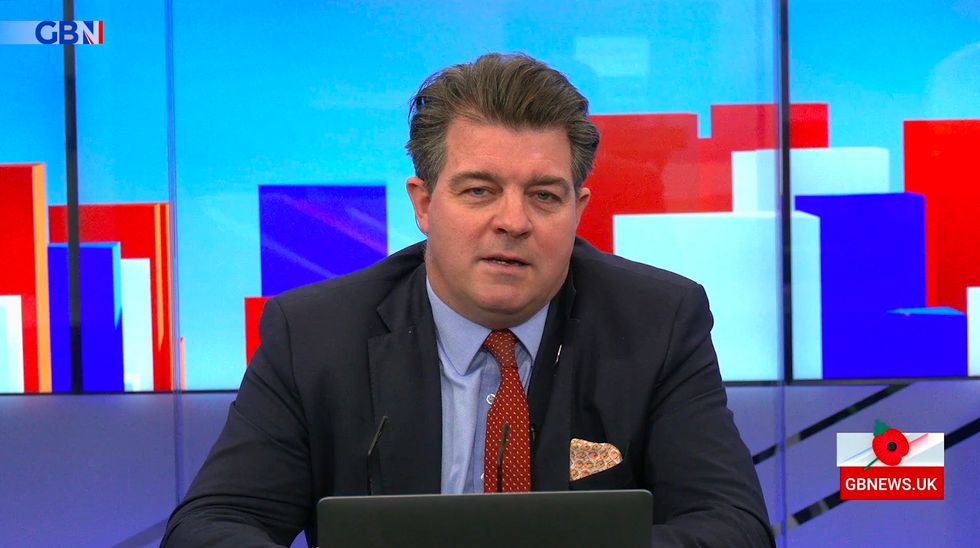Liam Halligan: Will consumers win in the fight for the future of taxis?

Liam Halligan
GB News

Taxi! It’s a cry you used to hear frequently on street corners across London and many other UK cities.
But the age-old practice of physically hailing cabs has been seriously challenged over the years, not just by telephone-driven mini cabs, but more recently of course by car request apps such as Uber and Bolt.
Now, on top of technological upheaval, the taxi industry as a whole is facing a serious driver shortage. More than half of licensed mini-cab taxi drivers haven't returned to the trade since the pandemic, says a new report from the Licensed Private Hire Car Association.
The LPHCA estimates the industry’s previously 300,000-strong workforce has fallen by 160,000. Many drivers left the industry during successive lockdowns as demand plummeted, and haven't come back.
This shortage of drivers, along with a backlog in the costly licensing and registration process plus criminal and medical checks for new drivers, has created what the LPHCA has called "a perfect storm".
The lobby group points out that drivers must pay up to £600 to their local council just to obtain a year's licence - on top of all their other costs.
This driver shortage has prompted concerns over the safety of women, students and night time workers struggling to get home. The Office for National Statistics published figures in August suggesting that 49 per cent of women do not feel safe walking alone after dark.
In the capital, drivers of London black taxis must undergo a famously gruelling training programme known as “the knowledge”, that can take years to complete.
Traditional London cabbies have been subject to particularly serious competition from hailing apps like Uber and Bolt. But with the tech companies suffering from a lack of drivers, is that an opportunity for London's black cabs – and their counterparts in other cities – to fight back?
Londoners can book a traditional black cab using an app called Gett. And that’s now reporting 40 percent more rides each day than during the first quarter of 2020, prior to the pandemic.
So there's a driver shortage, and an on-going battle between the tech giants and traditional taxi firms.
As the taxi wars hot up, will consumers win?